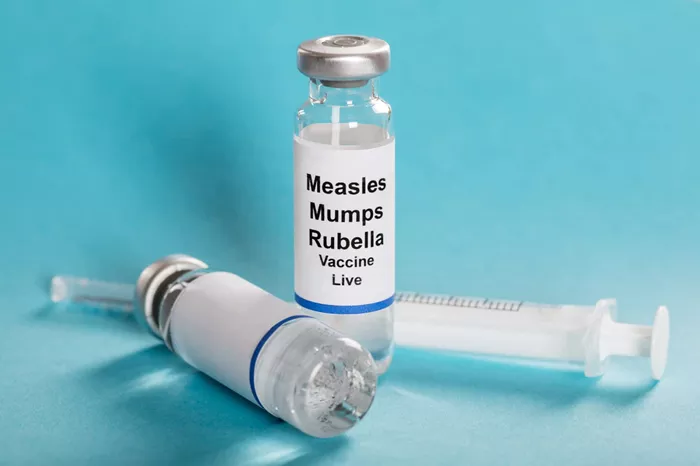Recent measles outbreaks in Texas have raised questions about whether adults need booster shots for measles and other childhood vaccines. At least 90 measles cases have been reported in the northwest region of Texas, including five people who claim to have been vaccinated.
While the exact vaccination status of these five individuals is unknown, the question remains: Should adults consider getting a booster shot for measles or other vaccines?
For measles, the answer is generally no. Dr. William Schaffner, an infectious disease expert at Vanderbilt University Medical Center, emphasized that the measles vaccine is highly effective. “If you were properly vaccinated as a child, there’s no need for a booster,” he explained.
However, not all vaccines are equally effective over time. Some childhood vaccinations lose their protective effects as people age, which means that adults may need boosters. Experts provide guidance on when these boosters are necessary, depending on the disease and the individual’s circumstances.
Most adults who have been vaccinated for measles don’t need a booster shot. Since 1989, the U.S. has recommended two doses of the measles, mumps, and rubella (MMR) vaccine for children. The first dose is typically given at 12 to 15 months, and the second at ages 4 to 6.
As Dr. Schaffner noted, “If you’ve received both doses, you’re protected for life.”
For those born before 1957, natural immunity from a past measles infection is common. In such cases, a vaccination or booster is not necessary, according to Dr. Priya Sampathkumar, an infectious disease specialist at the Mayo Clinic. Adults born after 1957 who have records of receiving both vaccine doses are also covered, she said.
However, in areas experiencing outbreaks, some adults may need to consider additional doses. The Centers for Disease Control and Prevention (CDC) recommends a second dose for adults who only received one vaccine dose during childhood, especially in outbreak regions.
Dr. Sampathkumar advises, “If you’re unsure of your vaccination status and live in an area where measles is spreading, getting vaccinated is a wise choice.”
In specific situations, such as for healthcare workers in high-risk environments or individuals with compromised immune systems, it may be appropriate to check antibody levels through a titer test. This blood test can help determine if revaccination is necessary.
Although rare, breakthrough cases of measles can occur even in vaccinated individuals. Dr. Ryan Maves, an infectious disease expert at Wake Forest University, notes that these cases tend to be milder, with quicker recovery times and fewer severe complications.
Dr. Maves warns that measles can cause “immune amnesia,” a condition where the virus damages B cells, which are crucial for maintaining immunity to other infections. “Measles can erase your immunologic memory,” he said, making it harder for the body to fight off other diseases.
Most adults should receive a tetanus booster every 10 years, Dr. Maves said. Tetanus vaccinations are given in combination with diphtheria and pertussis (whooping cough) shots, known as the Tdap vaccine for older children and adults.
The CDC recommends five doses of the DTaP vaccine for children, with a Tdap booster at ages 11 or 12, and every 10 years thereafter.
While most adults don’t need a measles booster if they’ve been properly vaccinated, special circumstances, such as outbreaks or certain medical conditions, may warrant additional doses. It’s important to stay informed about vaccine recommendations and consult with a healthcare provider when needed.
Read more:
- Measles Outbreak Spreads In Texas, Raising Concerns About Vaccine Hesitancy
- Measles Outbreaks On The Rise: Do You Need A Booster Shot?
- What Antidepressants Help With Weight Loss?


